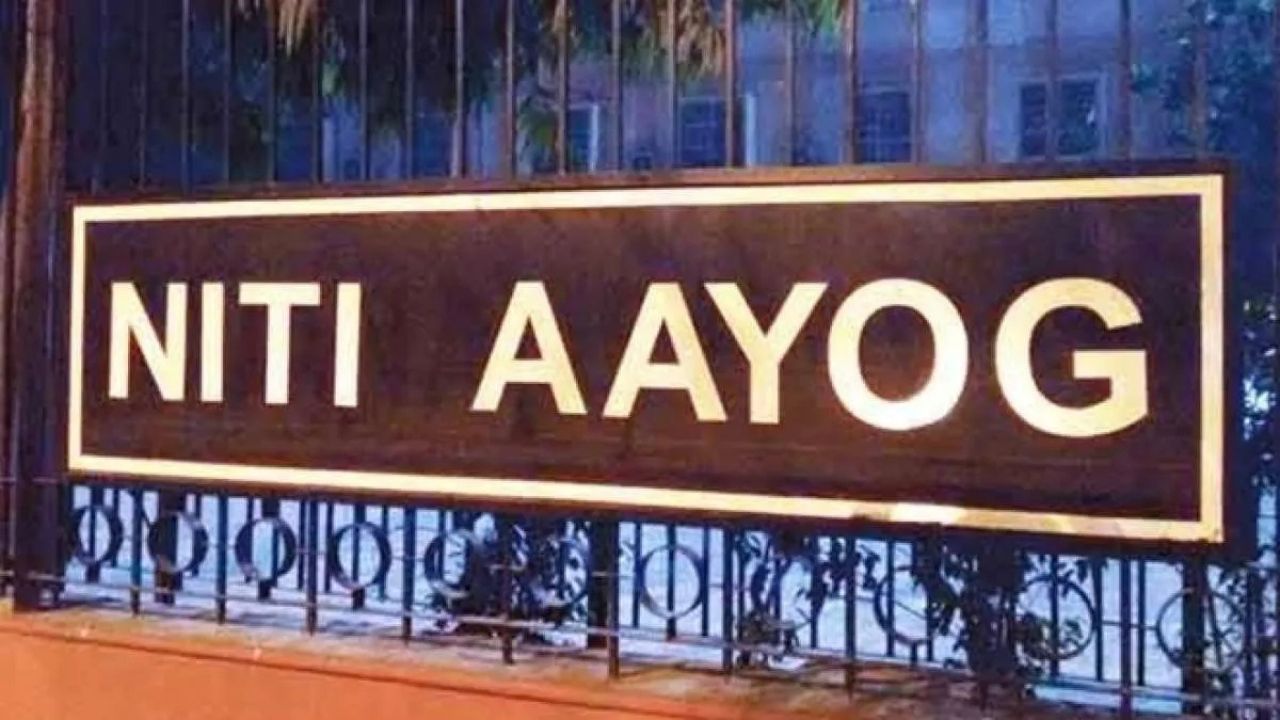NITI Aayog has recently released a comprehensive report titled, "Designing a Policy for Mediium Enterprises," aimed at shaping the future trajectory of India's industrial growth. The report was launched by Suman Bery, Vice Chairman of NITI Aayog, alongside members Dr. V.K. Saraswat and Dr. Arvind Virmani. Despite forming only 0.3 per cent of India's registered MSME's, medium enterprises contribute a remarkable 40 per cent of the MSME exports. This reveals an enormous reservoir of untapped potential.
The report highlighted medium enterprises as the future large scale players, essential to India's ambition of becoming of becoming a globally competitive and self-reliant economy under the Viksit Bharat @2047 initiavtive.
Read: Google’s SynthID Can Spot AI Content—Even When You Can’t
The MSME Landscape: A Structural Imbalance
India's MSME sector plays a vital role in the national economy — contributing 29 per cent to GDP, accounting for 60 per cent of employment, and 40 per cent of exports. Yet, the sector is heavily skewed towards micro units, which make up 97 per cent, while small enterprises are 2.7 per cent and medium enterprises a mere 0.3 per cent. This imbalance, according to the report, is a missed opportunity waiting to be corrected.
Barriers Hindering Growth
The report identifies several challenges that prevent medium enterprises from scaling up and innovating. These include limited access to tailored financial products, slow adoption of modern technologies, inadequate R&D infrastructure, a lack of dedicated testing facilities, and training programmes misaligned with actual enterprise needs.
Read: Semiconductors in the Northeast? Assam’s Billion-Dollar Boom Begins
Strategic Interventions Across Six Key Areas
To tackle these issues and unlock growth, the report outlines a forward-looking policy framework built on six priority pillars:
1. Financial Solutions Designed for Medium Enterprises
A new working capital finance model linked to enterprise turnover is proposed, along with a ₹5 crore credit card facility at market rates. Speedy fund disbursals through retail banks will be monitored directly by the Ministry of MSME.
2. Driving Technology Adoption and Industry 4.0
Existing technology centres will be upgraded into India SME 4.0 Competence Centres, tailored to sectors and regions. These centres will help enterprises integrate advanced technologies and digital solutions.
3. Strengthening R&D through Dedicated Support
A special R&D cell is to be set up within the Ministry of MSME, leveraging the Self-Reliant India Fund to support cluster-based innovation projects of national relevance.
4. Cluster-Based Testing Facilities for Quality Compliance
To help medium enterprises meet regulatory standards and enhance product quality, sector-specific testing and certification infrastructure will be developed.
5. Customised Skilling Aligned with Industry Needs
Skill development will be realigned with enterprise-specific requirements across sectors and regions. Additionally, medium enterprise-focused modules will be added to existing Entrepreneurship and Skill Development Programmes (ESDPs).
6. Centralised Digital Portal for Enterprise Support
A dedicated sub-portal within the Udyam platform will offer AI-powered assistance, compliance guidance, and discovery tools for schemes and benefits — all aimed at simplifying the entrepreneurial journey.
The Road Ahead: Inclusive and Collaborative Policy Design
The report concludes with a call for inclusive policy frameworks and collaborative governance. With strategic support in place — from finance and infrastructure to technology and skilling — medium enterprises can become pivotal engines of innovation, employment generation, and export growth. As India looks ahead to 2047, the transformation of medium enterprises could be the defining factor in its journey toward becoming a global economic powerhouse.




